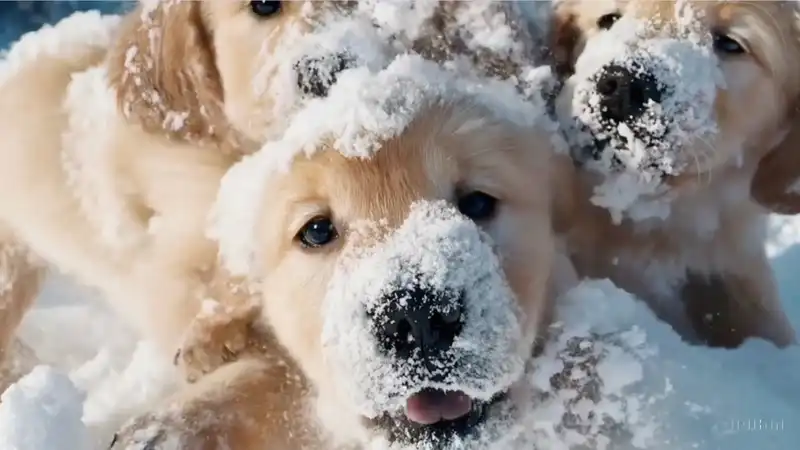OpenAI, which took the AI world by storm with Chat-GPT and text-to-image generator DALL-E, is upping the ante with a new text-to-video platform
The technology giant announced Sora on Thursday (Feb 15) It is an AI-based text-to-video generator that allows users to create videos up to a minute long using only text prompts; Sora features a simple text box where users can enter any text prompt they like It then returns a video that matches what the user requested, no matter how detailed the request
After OpenAI announced the news, CEO Sam Altman took to X (formerly Twitter) to solicit prompts from his followers These included a video of two golden retrievers podcasting on a mountain top; Sora easily generated this video
and there are many examples of Sora in action on the OpenAI website The resulting video looks quite realistic, but the physics of the snow flurries may need some fine-tuning
Text prompts can be quite specific and still produce impressive results The following is a clip created from this detailed prompt: "Trailer for a movie featuring the adventures of a 30-year-old alien in a red wool knit motorcycle helmet, blue skies, salt desert, cinematic style, shot on 35mm film, vibrant colors"
Despite its obvious promise, Sora is not available for public use, and the company clarified in a blog post that it is only open to testers and those in the creative community to try it out with an eye toward improvement The company did not say when it would be available, but told NBC News that it would not be "widely available in our products anytime soon"
Still, it seems likely that Sora will eventually become available, given that there are other companies entering the field, including US-based Runway and UK-based Synthesia
While OpenAI's first video is fun and sounds like an exciting technology for those fully invested in AI, it raises questions about the limits of what can be created with this platform The number of deep fakes that populate the Internet continues to grow, and Sora could very easily be abused Also, given how detailed someone can be when requesting a video, it is not impossible that a user could create a fake video and share it on social media for others to believe it is realistic
To combat this, OpenAI has stated that it plans to embed metadata and other artifacts in its videos so that Internet users can quickly determine if a video was created on Sora The company also hopes that its team of testers and experts will identify areas where misinformation and other harmful content may be generated by malicious parties and eradicate them before Sora is released to the public
Still, they acknowledge that OpenAI cannot address all possibilities
"Despite extensive research and testing, we cannot predict all of the beneficial ways people will use our technology, nor can we predict all of the ways people will misuse it," OpenAI said in a blog post
"That's why we believe that learning from real-world use is an important part of creating and releasing increasingly secure AI systems over time"
At first glance, Sora's videos look interesting, but some are clearly fake and lack the resolution and realism one would expect from real-world videos Still, with plenty of time for testing and refinement, it will be interesting to see what Sora can offer if and when it is released to the public










Comments